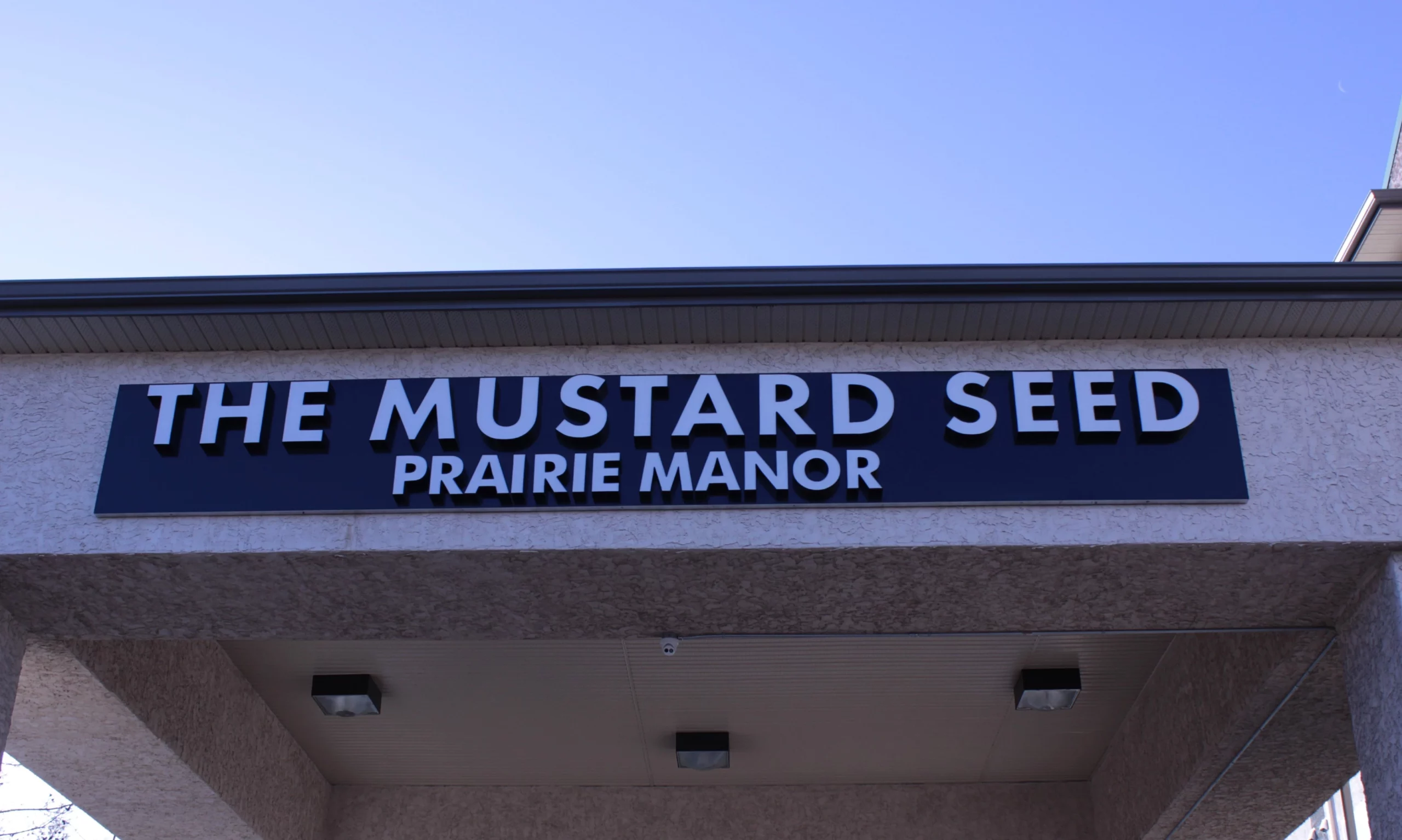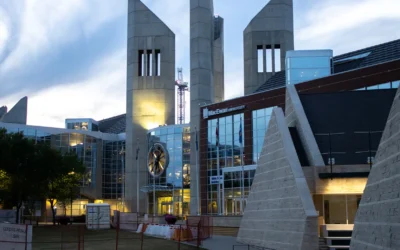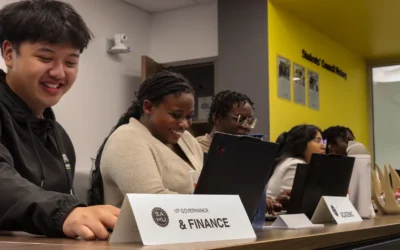An overview of the Mustard Seed’s services
The conversation on Edmonton’s community services is certainly a contested one. Certain Edmontonians express frustration about the presence of these community services, particularly within Edmonton’s core.
In Edmonton, there are a variety of organizations that tackle the ongoing issue of homelessness, and the accompanying problems and risks that come with it such as mental illness, exposure to dangerous temperatures, physical injury, and drug use. One of these organizations is the Mustard Seed.
The Mustard Seed was first established in 1984 with its first location opening in Calgary. Within its 35 years of operation, it has opened several locations in Alberta and one location in British Columbia. The Mustard Seed differs from other services as it is a ministry, meaning that its organization is faith-based. As a result, many of its staff members and volunteers operate on the basis of Christian religious values.
The Mustard Seed, like many other community services, has received fewer donations than years before. The decrease in donations can possibly be attributed to a higher cost-of-living and inflation. Imagine Canada, an organization that reports on non-for-profits and charities, released a report that showed that less than half of the Canadian survey respondents reported their intention to donate to charity; 38 per cent of the respondents willing to donate admitted that they would donate less.
Despite the drop in donations, the Mustard Seed has only become busier. Donna O’Connor, a development coordinator with the Mustard Seed, says that the Mustard Seed has seen an increase in people seeking their services.
“We’ve definitely seen an increase in the number of people that we’re serving. And it has become more challenging, because also, prices have gone up,” says O’Connor. “So, that makes our job a little bit more challenging. But, we’re very grateful.”
“We always welcome more, but we are very grateful for the way our community responds to meeting those needs,” she says.
Although the Mustard Seed is seeing more demand, they’re the most busy during the winter months. As the winter rolls in, the Mustard Seed begins seeing more demands for winter gear such as coats, gloves, boots, and toques. One of the Mustard Seed’s primary services is providing donated clothing to people in need.
Donated items are organized in one of the Mustard Seed’s donation centres. The Edmonton Community Support Centre on 114th St. is where they accept donations from anybody wanting to drop off clothing or objects.
The building is a sorting warehouse in which workers and volunteers separate and organize all donated clothing into bins. Other centres around the city send out a week’s list of needed items and the donation centre delivers those items. However, the donation centre will provide emergency clothing for anybody who comes in and requests it.
“People can go to our website, it’s the [seed.ca\winter-lists], and they can look on there to find out what are urgently needed items,” says O’Connor. “Or, if they want to bring in donations, they can come to our warehouse.”
When donated clothing can’t be given because of stains or tears, the Mustard Seed sells the material to a company that creates industrial washcloths. The money the Mustard Seed receives goes back into supporting their services. Some items that can’t be given are sold at one of their thrift stores on 66th Street and 118th Ave where profit typically returns back into the operation of its programs and services.
Another room acts as a storage area for houseware like dishes, utensils, and decor. The Mustard Seed also provides houseware for those who are working on getting permanently housed.
Another one of the Mustard Seed’s services is helping people transition into permanent housing. At their Wellness Centre on 105th Ave, they provide ID replacement and tax courses, as well as occupational guidance, such as resume writing, cover letters, and mock interviews.
The Wellness Centre also offers mental health counselling and cognitive testing, the latter of which supports people applying for Assured Income for the Severely Handicapped (AISH).
“It’s all what you can do, and the more you can do, the higher you rise up.”
Donna O’Connor, development coordinator with the Mustard Seed
“We try to make these services as barrier free as possible because often, there’s a lot of hoops to jump through for folks to get basic care,” says O’Connor.
When it comes to providing essential services, the Mustard Seed’s shelters have their doors open to whoever needs food, shelter, and hot water. One of their shelters sits just off of Whyte Ave. It’s a multi-story building with community services on the first floor and shelters on the floors above.
On the first level is where one could find administration, the seating area, and the kitchen. People are able to sit in the seating area, drink a cup of coffee, and watch something on TV. Visitors are also able to do their laundry and take a shower.
People are able to sign up for a bed and a locker to store any items that they might be carrying. The beds are given to those who sign up for one, meaning that people who want a semi-permanent living space must consistently show up. According to O’Connor, the sign-up system is intended to provide some living stability for the unhoused.
With housing becoming a priority for the Mustard Seed, the organization has reassessed how it wants to help Edmonton’s homeless population. “We are trying to change our focus to become housing focused,” says O’Connor. “We’re going to help you move forward, get your life a little bit more together, so that you can get housed permanently.”
“We’re going to help you move forward, get your life a little bit more together, so that you can get housed permanently.”
Donna O’Connor, development coordinator with the Mustard Seed
Growth has become a focal point for the Mustard Seed. The organization hopes to provide the scaffolding that can help people reintegrate into society. “We’re not just using this space, but we’re using it to get somewhere to move forward.”
The Mustard Seed also provides supportive housing. In 2021, the government offered several community service organizations buildings to convert into housing. What used to be a Days Inn is now the Prairie Manor, a residential building with 85 suites. Tenants only pay 30 per cent of their income for rent, with the rest of their income left for living expenses. Each living suite includes a bed, bathroom, cooking appliances, a television, and dishware.
Staff and volunteers also organize a variety of activities and events to help residents socialize and connect with their community. Tenants are placed according to their needs. The second and third floor are female-only, and the fourth floor is the Sober-Living floor. Although donations keep services and programs like Prairie Manor and their shelters afloat, Donna O’Connor urges Edmontonians to reconsider how they can give to the homeless community.
“We’re always looking for people that just want to get to know our community as well,” says O’Connor, “and just be there to be a friendly face, and get to know people to make them feel human, and noticed, and cared for.”
Photo by Joelle Fagan





0 Comments